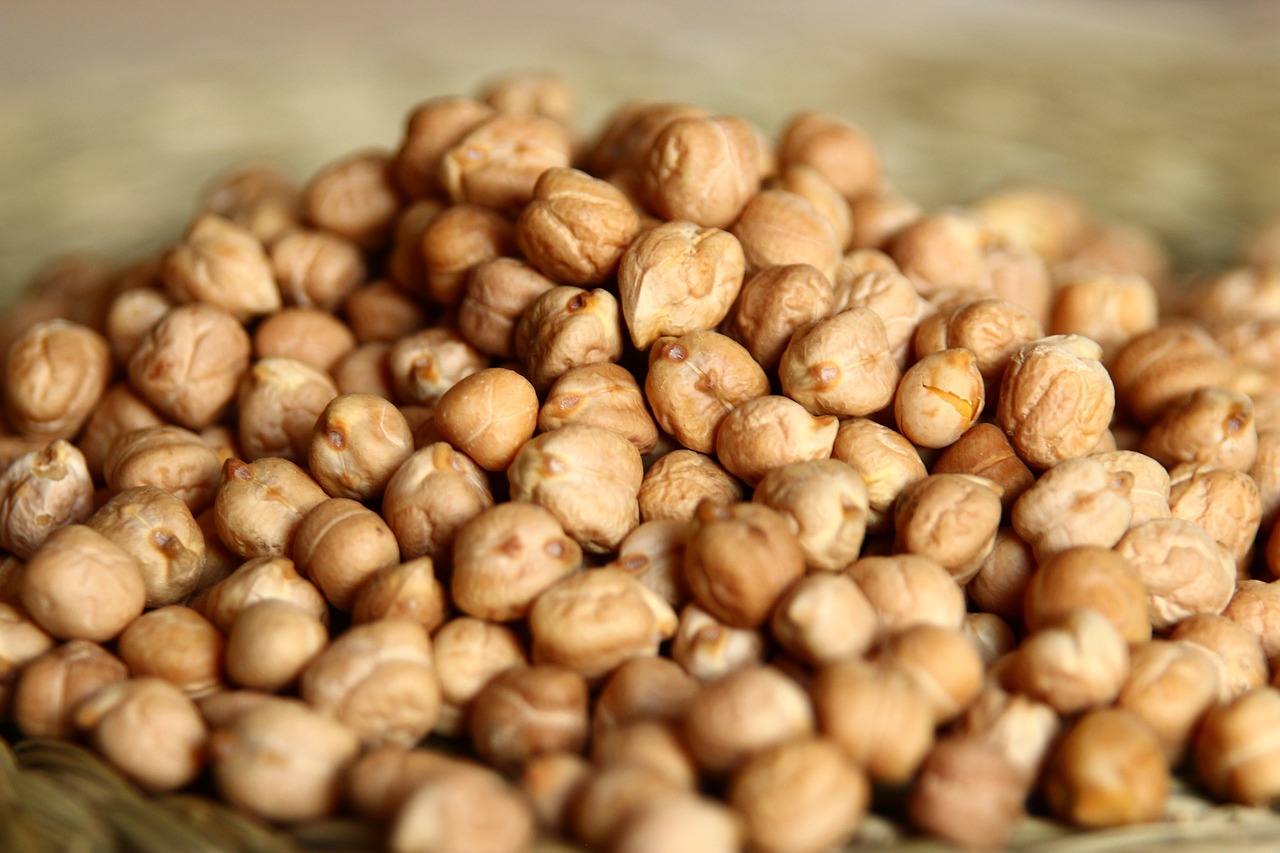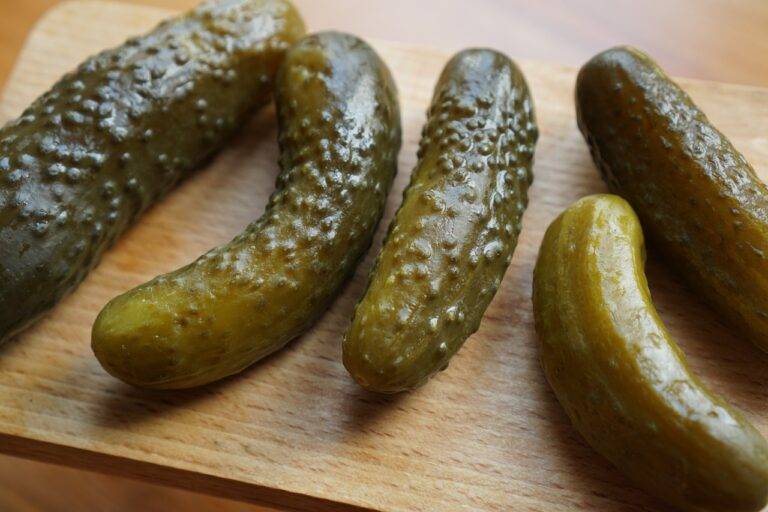Exploring Food Traditions: Celebrating Heritage Through Cuisine
Food serves as a mirror through which cultural beliefs, traditions, and values are reflected. It encapsulates the essence of a community’s history, geography, and social norms. From the preparation methods to the choice of ingredients, every aspect of a dish unveils a narrative of the past and present of a particular culture.
Through food, one can gain insights into the culinary heritage and practices that have been passed down through generations. The flavors and textures of traditional dishes offer a glimpse into the preferences and lifestyle of a specific society, showcasing the unique ways in which individuals express their identity and connection to their cultural roots.
The Significance of Traditional Ingredients
Traditional ingredients play a crucial role in defining the essence of a culture’s culinary identity. Passed down through generations, these ingredients not only add flavor and texture to dishes but also embody the rich history and traditions of a community. From spices to staple grains, each ingredient carries with it a story of connection to the land, to ancestors, and to shared experiences.
Furthermore, traditional ingredients are a testament to the sustainability and resourcefulness of a culture. Often sourced locally and in harmony with the environment, these ingredients showcase a deep understanding and respect for nature. By preserving and celebrating these ingredients in our culinary practices, we honor the wisdom of our predecessors and uphold the cultural heritage that has shaped our way of life.
Why is food considered a reflection of culture?
Food is considered a reflection of culture because traditional ingredients, cooking techniques, and recipes are passed down through generations and are often unique to a particular culture or region.
How do traditional ingredients contribute to the significance of a dish?
Traditional ingredients play a key role in defining the flavor profile and authenticity of a dish. They often carry historical and cultural significance, adding depth and complexity to the overall culinary experience.
Can traditional ingredients be substituted with modern alternatives?
While some traditional ingredients can be substituted with modern alternatives, it is important to note that the flavor and authenticity of the dish may be compromised. Traditional ingredients are chosen for a reason and are often integral to the overall taste and cultural significance of a dish.
Are traditional ingredients important for preserving culinary heritage?
Yes, traditional ingredients are crucial for preserving culinary heritage as they help to maintain the authenticity and uniqueness of a particular cuisine. By using traditional ingredients, we can ensure that traditional recipes and cooking techniques are passed down to future generations.
How can one incorporate traditional ingredients into their cooking?
One can incorporate traditional ingredients into their cooking by exploring different cuisines, attending cooking classes, and seeking out authentic recipes. Additionally, shopping at specialty stores or farmers markets that carry traditional ingredients can help you experiment with new flavors and ingredients.





